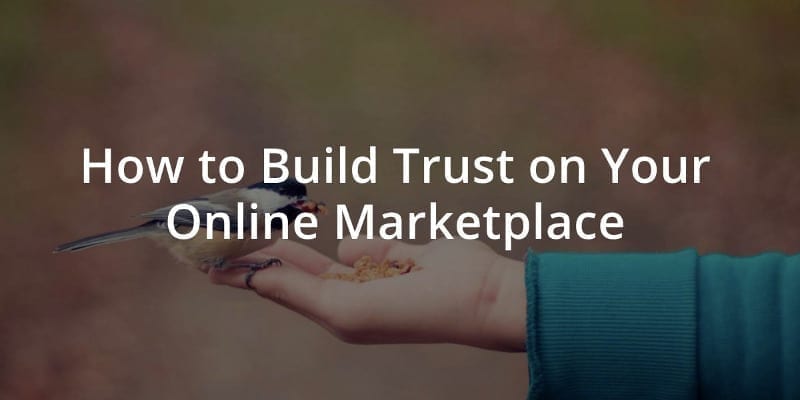How to Build Trust on Your Online Marketplace
Whether real or imaginary, fears and concerns connected with online purchasing are discouraging potential clients from using an online marketplace center. Thus, building trust is vitally important for an online multi vendor platform to succeed.
The KPMG Global Online Customer Report shows the main characteristics that companies should have to gain an online customer’s trust:
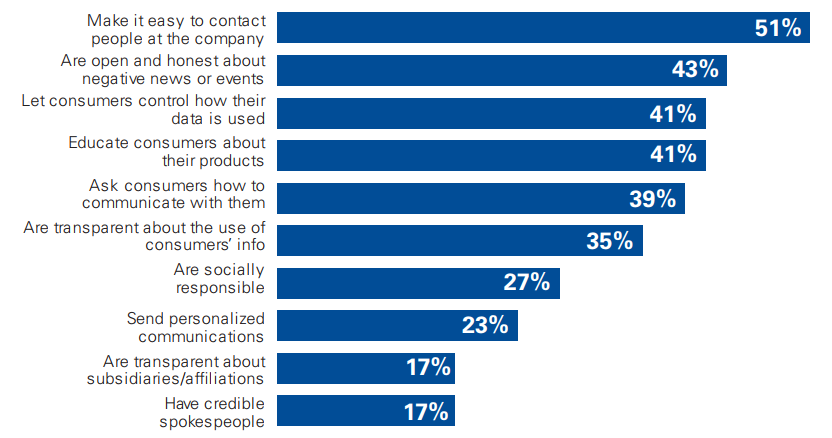
A smooth process of company-customer communication, honesty regarding goods and service quality, clients’ data security, willingness to provide clients with knowledge about products that they purchase – those are the main components of trust that are fostering purchasing online.
For online multi seller marketplaces, it’s necessary to know not only these general trust components but also the exact points which make clients feel insecure on a online marketplace website of a certain type.
By finding those points of clients’ insecurity within a online marketplace platform, you can not only create a set of tools to solve them but to also establish a strategy to enable trust on a long-term perspective.
You may also be interested:
The Variable That Defines the Trust Importance Level for Every Online Multi Seller Marketplace
Each ecommerce multi vendor shopping marketplace represents its own level of trust, which is needed for clients to make a transaction. This level is different on an online marketplace center where customers can purchase photos, and on a online multi seller platform where you can search for a doctor for a member of your family.
An infographic by Samaipata Ventures, a company investing in early stage online marketplaces, demonstrates the importance of trust on different ecommerce multi vendor platforms:
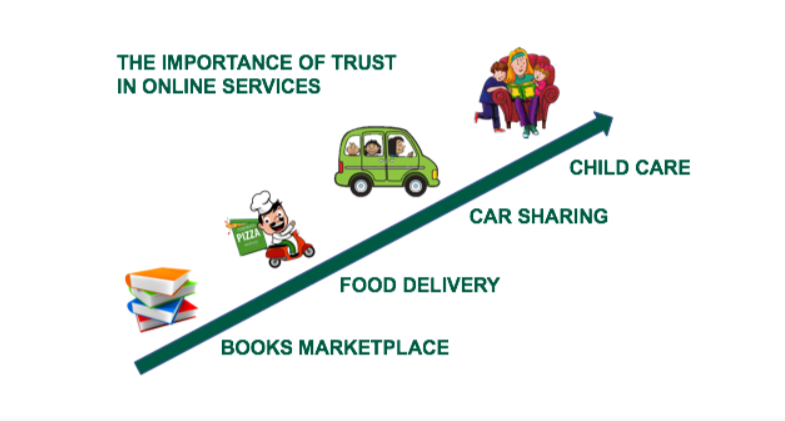
A different level of trust is needed to encourage marketplace customers to sell and buy expensive jewelry, to find a babysitter through an online multi seller platform, and to purchase a detergent online, since there is a different level of risks taken in each case.
To define the importance of trust level for your online multi seller marketplace, you need to find what makes your clients feel unsafe while making a transaction.
Clients’ risks and fears
Define the worst thing the use of an online multi vendor platform can cause for the marketplace customers.
Being a victim of fraud and losing few thousands of dollars while renting an apartment on an online multi seller platform differs from a bad experience of a sandwich not delivered on time by a food ecommerce marketplace.
Having this information at hand, it’s easier to find unsecured points in the experience that your ecommerce marketplace provides, and improve it to gain users’ trust.
Find slippery points within a marketplace
There are few online multi seller marketplace concept elements, where clients are “on thin ice”:
- an object of transaction
If its an online multi seller platform to find caregivers, then the supplier’s professional skills and personality are the risky points, since the marketplace customers or their family member’s health and privacy are under risk.
In this case, a thorough background checking and a professional interview with each supplier is needed to ensure that a caregiver has a suitable professional and personal profile.
TaskRabbit is vetting and checking each Tasker’s background, and is implementing in-person orientation sessions:
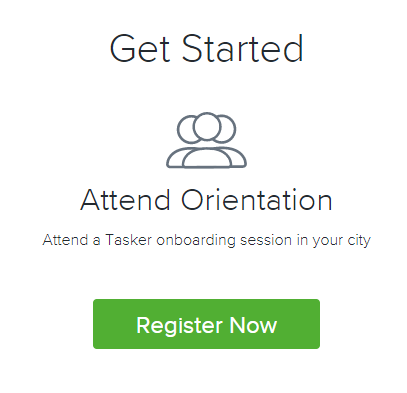
- an amount of money in transaction
If a online marketplace platform is a medium for an apartment rental, like Airbnb, the sum of money needed for a transaction can be relatively high.
Thus, the payment process should be secured for both sides of a transaction:
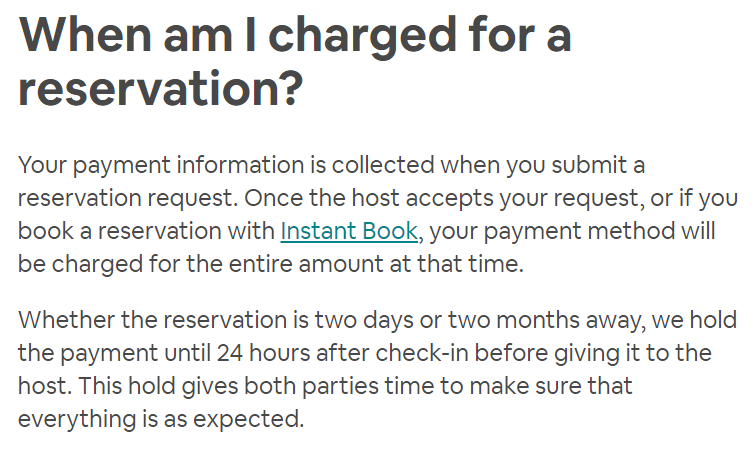
Airbnb is taking payment at the very moment of booking but pays it out to a supplier only within 24 hours after a marketplace customer checks-in, which provides trust for both sides of the transaction.
- users’ characteristics
People from different regions and of different characteristics may represent different views in connection to trust: if in one region apartment sharing is completely acceptable, in another area, it requires additional efforts to build trust.
BlaBlaCar enables special Ladies-only rides:

Since carpooling can raise security concerns for some women, this option helps the online multi seller marketplace to solve those concerns, and to build trust for every single user of the online marketplace platform.
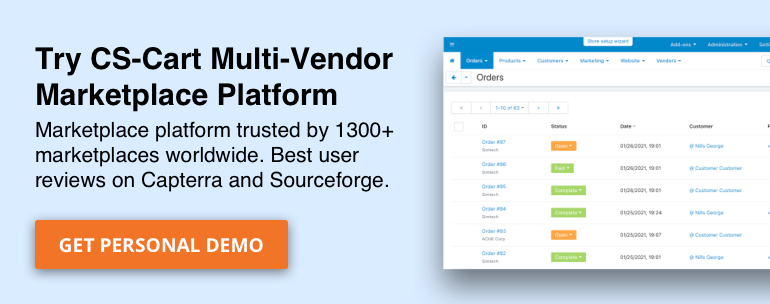
True Experience #1

Ramesh Singh, Head SEO at BBazaar Malaysia, decades of experience in SEO, loves to do technical SEO audits, improving user experience and conversion rates by using best practices
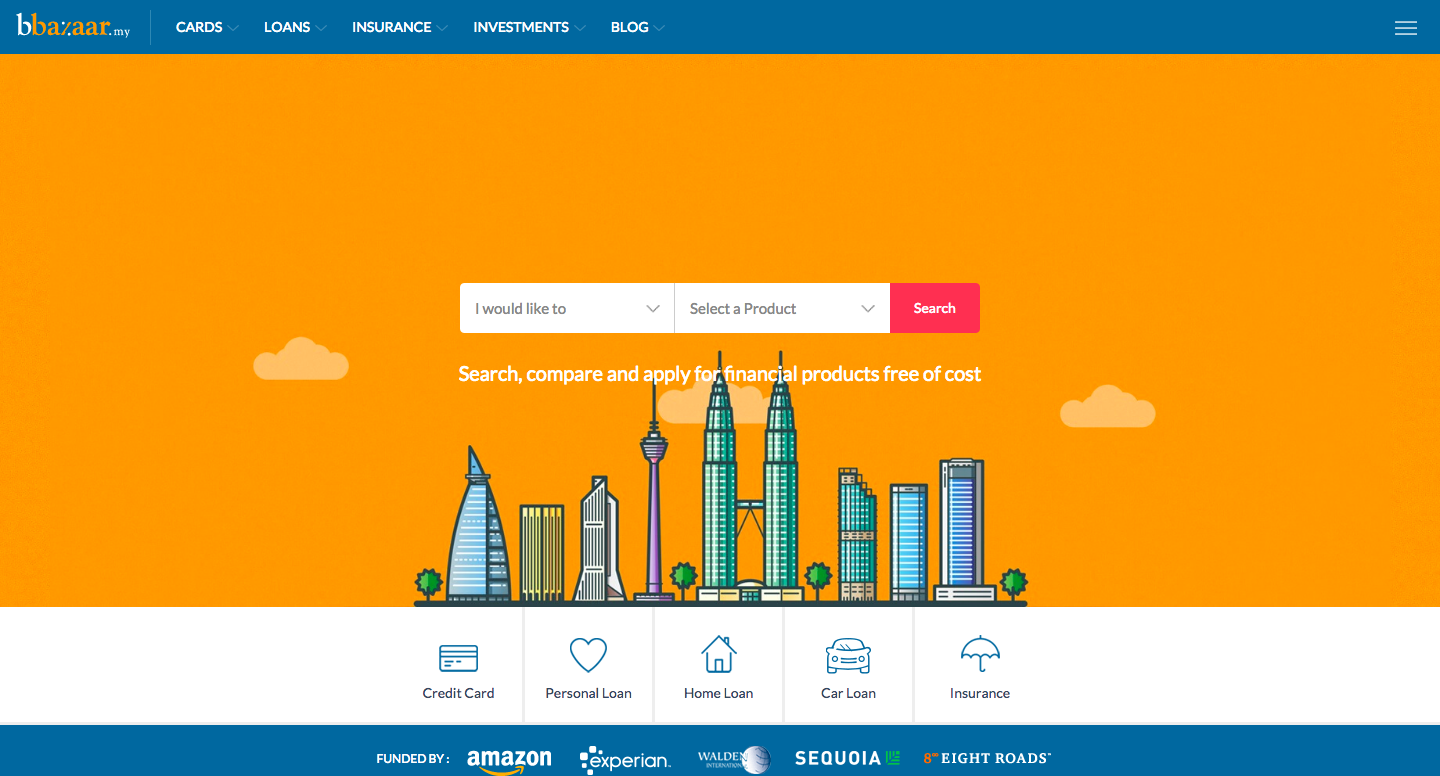
If the eCommerce marketplace wants to build trust then one straight way to do this with a marketplace customers delight. With my personal experience of working at one of the largest eCommerce marketplaces in India, it is always best to look for ways to delight your customers and help them going the extra mile.
Some of the strategies we did, quick turnaround time while listening and responding to customer queries. Marketplace customers love it when someone listens to their problems and tries to help them. This will create trust and loyalty for the brand.
Working with online vendors to deliver the products on time, this is very important if you want your marketplace customers to come back to your site again and again. Quick delivery always helps in customer delight and they share positive feedback / reviews about their experiences.
Refund, return policies should be transparent and mentioned in all your product descriptions. Being an eCommerce Marketplace you need to win customer trust and if they are not happy or want to return the product you must listen to them and do the necessary steps to make them happy.
Better UI and UX on your site to easily discover products and provide functionality to filter and sort the products based on user interest. Many times having better design and product images makes the difference and builds trust for you when the user looks at the site overall. Having a quality site with awesome design and functionality is like icing on the cake.
Keep partnering with new brands, popular brands and provide discounts or exclusive launches within the marketplace—it attracts new eyeball and media attention. Getting mentioned in major media outlets always help you get new traffic / users to your site and with doing the partnership with brands gives confidence to your users to come to your site.
Customers’ Common Fears
Besides having in mind the level of trust importance that is suitable for your eCommerce multi vendor marketplace, it’s necessary to also consider the common marketplace sellers and customers’ concerns that can pop up regardless of the online marketplace type.
Chance of losing money
Whether it’s a few dollars or few thousands of dollars transaction, there is always a fear connected to money when using a online marketplace, since users are collaborating online with complete strangers.
There are few tools to mitigate that concern and enable trust.
Transparent and convenient payment system
A frictionless and secure payment system that enables a smooth check-out process, and helps to guarantee safe financial operations within a online marketplace website to every user is a must.
Ability to enable the use of any payment option that suits customers the most, together with a flexible and quick process of a payment or a deposit return—both automatic and manual, will show to then marketplace customers that an online marketplace financial transaction system is safe and transparent, and will increase trust.
Besides, customers should have constant access to their transaction history, and the amount of an online marketplace center commission should be clarified in advance.
Return policy
The Royal Mail Parcels research shows that the experience of easy returns influences online consumers in a positive way:
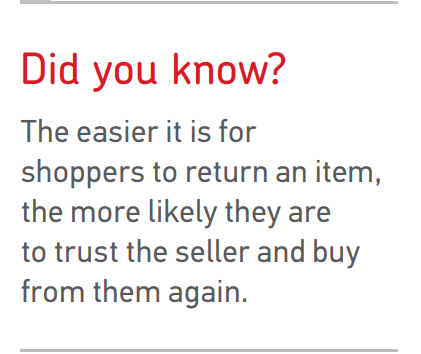
It should be clearly declared to the marketplace customers that they can get their money back in case of any issue from a marketplace seller’s side, like damaged goods or service of low quality.
The Amazon’s A-to-Z Guarantee is the most famous example of an effective return policy:

Bad quality of goods/services
One of the main concerns connected to online purchasing, which can be solved using the following methods.
Ability to see suppliers’ professional skills and background
For a service-oriented online multi seller marketplace, provide customers with detailed information about suppliers professional level, proven by previous transactions or checked by a marketplace team, like Upwork:
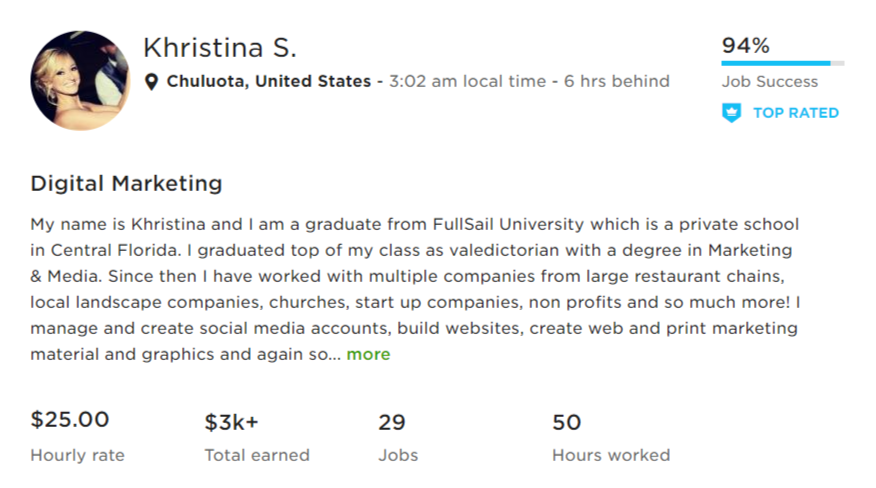
Communication
Ability to discuss all the details of a potential task and be able to communicate during the process of its execution, helps to avoid any misunderstanding between supplier and customer, and enables trust.
For a physical shopping mall, the ability to ask questions before purchasing helps customers to make a more informed buying decision and to overcome the lack-of-trust barrier.
Amazon’s questions & answers system:
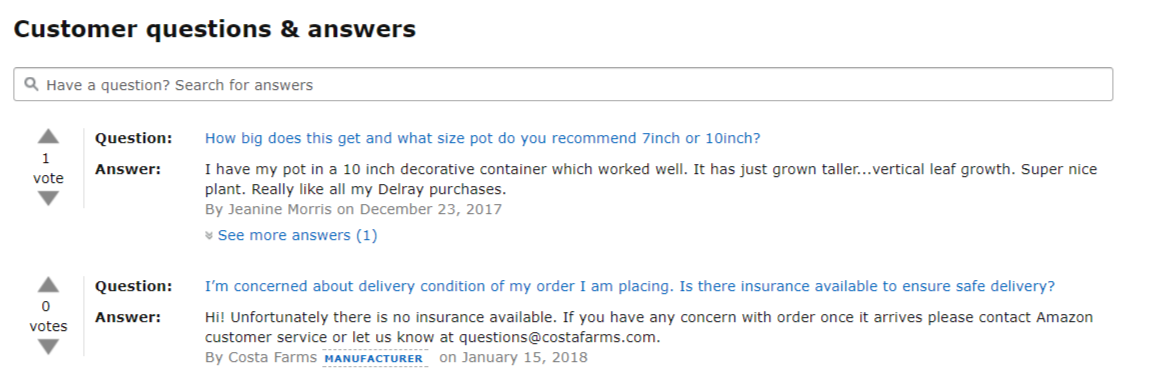

Ratings and reviews
BlaBlaCar, in its report, emphasized the importance of reviews and reputation system, calling the number of positive reviews collected “Trust Capital”:
A customer builds trust in supplier over time through repeated interactions:

A customer gets trust immediately at the very first transaction, thanks to supplier’s trust capital accumulated through multiple previous interactions:
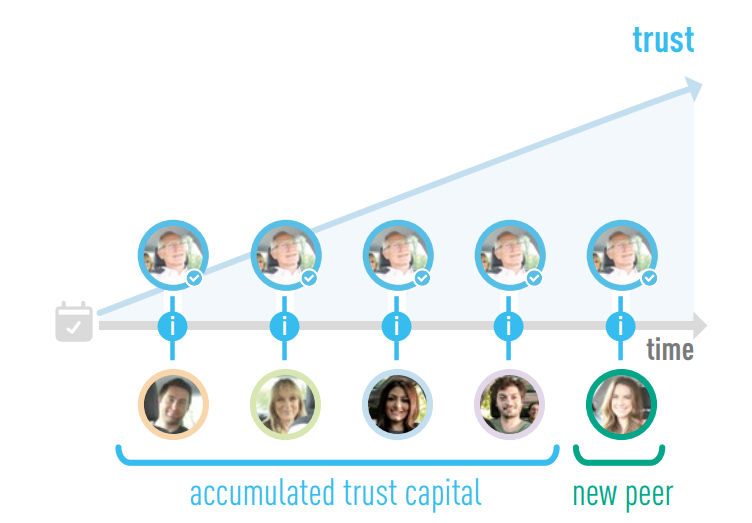
Using ratings, reviews, and reputation system it’s necessary to avoid some pitfalls.
Feedback extortion—both marketplace sellers and customers can extort positive feedback by threatening the other side that otherwise negative feedback will be given.
To prevent that, Airbnb established a reputation system that allows users to see the feedback given to them only after they leave their own feedback:

According to the UC Berkeley research, online buyers may refrain from leaving negative feedback. Encourage clients to give honest feedback by providing them with a suitable tool.
Airbnb allows users to leave hidden feedback that is visible only to a host and guest; thus clients can share their honest (even if it’s negative) opinion privately:

Transparent policies regarding quality-checking of goods
Unfair marketplace sellers may sell a defective item, or skimp on wrapping material and increase the likelihood that the goods got damaged when they arrived.
To avoid such situations, establish transparent policies and requirements regarding marketplace sellers’ items and the way orders are fulfilled.
You can limit the number of listings for new marketplace sellers until they prove their goods’ quality, like the online marketplace Amazon does, and implement regular test purchasing within an online marketplace center at the early stage of an online multi seller platform.
Security
Customers’ biggest concerns regarding security on online multi seller marketplaces are connected with their private or financial data being stolen, and fraudulent listings.
The measurements to enable security and trust on an ecommerce multi vendor marketplace:
- users’ private and financial information is secured, and terms of private info usage are in place for employees and users;
- powerful data access control—multi-factor users and employees’ authentication and identity verification.
To protect clients from fraudulent listings and other types of fraud, keep them constantly updated on the topic.
Flipkart informs customers about any fraud possibility and provides pieces of advice on how to avoid insecure moves through its blog:
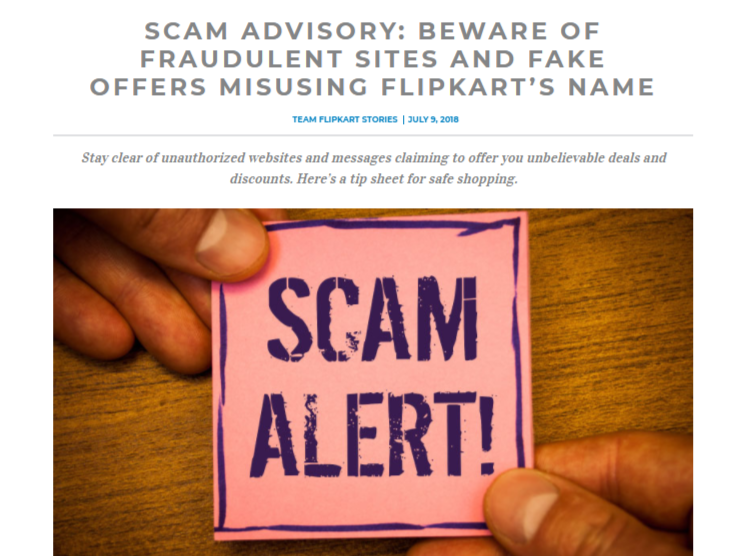
Services that implies involvement in personal space, like cleaning or babysitting, and cause the lack of security, need additional guarantees from an online marketplace website, to enable trust.
TaskRabbit provides the additional property damage insurance:
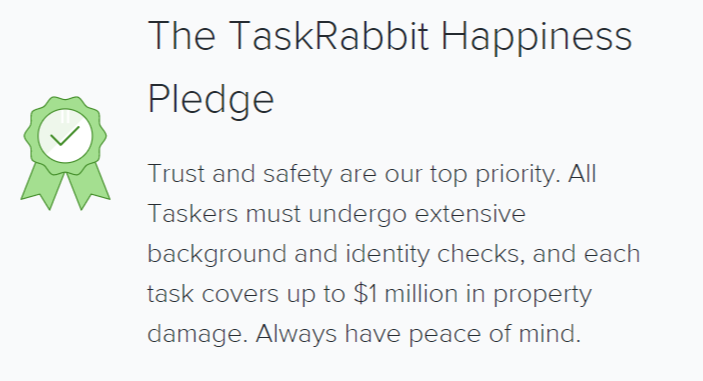

True Experience #2

Mike Kamo is the CEO and co-founder, alongside Neil Patel, of Hello Bar. He is a renowned digital marketing and conversion optimization expert and has helped small and large businesses to grow, such as Viacom, Mazda, and Google.
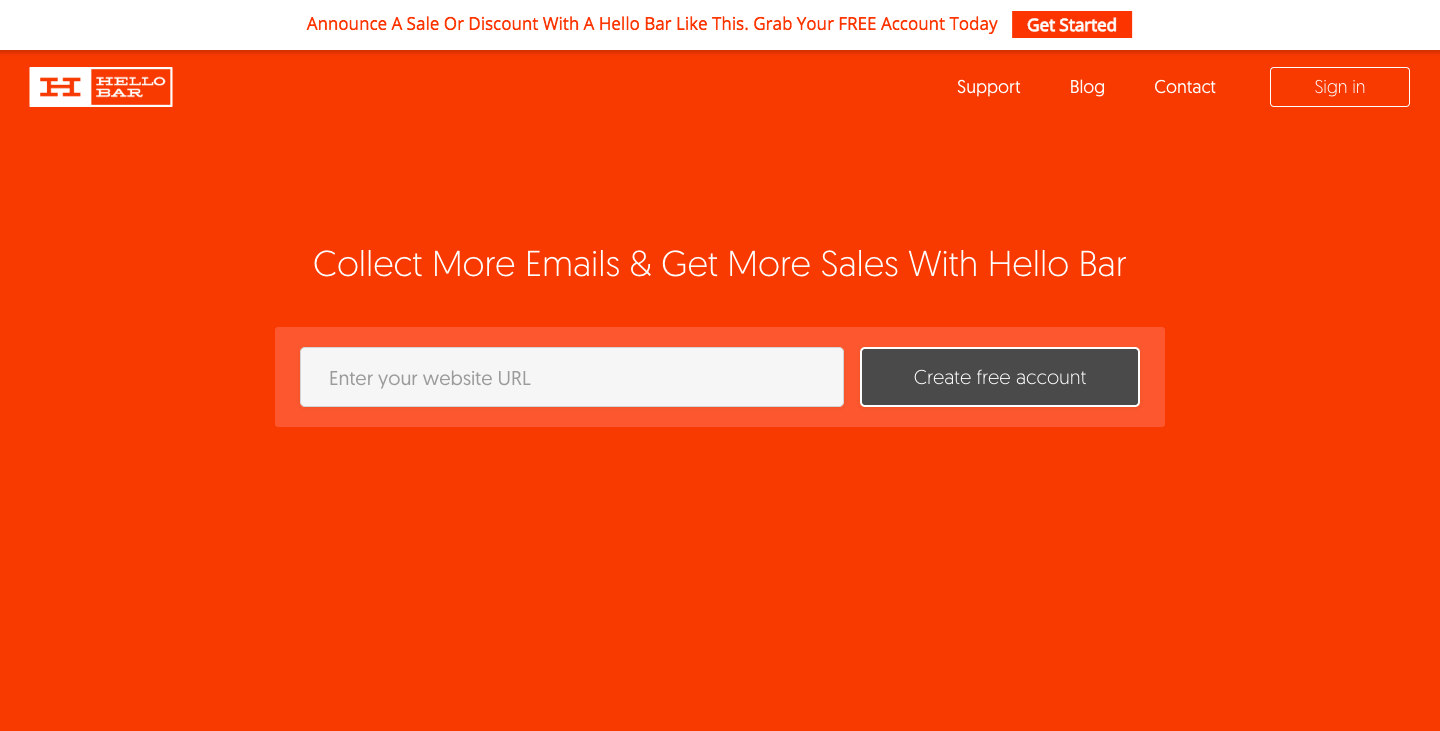
Building trust with the customers in your marketplace can’t be done in one single swipe, just like building trust with a random stranger on the street can’t be accomplished with just a handshake. Instead, a multi-step strategy is needed – in particular, an email marketing strategy.
Email marketing is important for building trust because it proves to your potential and existing customers that you care. It shows that you are invested, that you will follow up, and ultimately, it shows them your personality.
If you’re pushy in your email reach out, you will lose consumers’ trust. However, if you reach out and welcome them in a genuine way, send them relevant and interesting content, and remember their birthday or other important holidays, they will begin to see you as more than just a company.
Email marketing lets you build an identity behind your brand. It also establishes a mode of communication between you and your marketplace users. Unlike ads or blurbs on your site, emails can be directly responded to – there’s actually someone on the other end.
Building an email list can be tough, but there’s plenty of lead generation tools out there. A combination of popups, push notifications, and live chat is an excellent way to generate leads, build a list of verified email addresses, and, ultimately, build trust with your community.
Not to mention, email marketing has an average ROI of $44 per $1 spent, so it’s a smart investment. Why not build trust and revenue at the same time?
Sellers’ Typical Concerns
Lack of experience and resources
The Etsy’s report shows that half of the marketplace sellers think it would be much harder to start a business without the help of an online marketplace center, and more than a third of them wouldn’t be able to start selling at all without an online multi seller platform’s support:
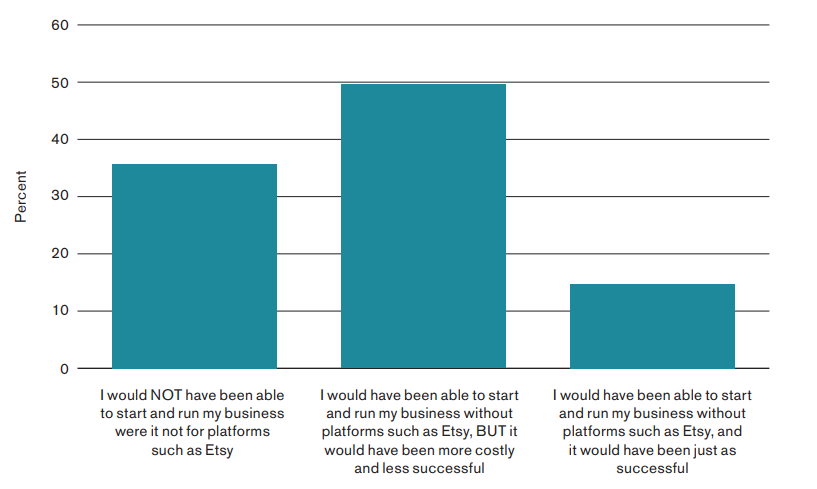
A marketplace seller community helps online vendors find a solution to any issue they encounter, using a strong network of the experienced marketplace sellers.
The Airbnb’s community is a great example of a community that does a great job for marketplace sellers—a powerful source of inspiration, and go-to place to find a practical solution for daily issues connected with hosts’ duties:

Support—if an online marketplace platform helps marketplace sellers build their business regardless of the level of professional skills a marketplace seller has at the beginning, not only does it increase online vendors’ trust, but also boost their loyalty.
Amazon is helping unexperienced Indian marketplace sellers to become more digitally savvy and gain better results by coaching them with the required computer skills.
Fair collaboration
- transparent payout system
The procedure of payouts should be completely transparent: payouts regularity, potential fines, and the online multi seller marketplace commision amount.
The ecommerce marketplace payment system should allow you to divide a customer’s payment accurately and quickly between each marketplace seller that participated in a client purchase.
Ideally, marketplace sellers should have the ability to track all changes of their money flow, using a comprehensive individual dashboard, that instantly reflects all financial operations implemented on the main online multi vendor platform dashboard—to be at the same page with the online marketplace administrator.
- clear expectations
A unified document that reflects basic requirements to online vendors increases trust between an ecommerce platform and marketplace sellers.
To provide that trust, Uber established the Uber Community Guidelines with all the service implementation guidelines, from chatting during a ride to the kids’ transportation requirements.

True Experience #3

Vincent Phamvan, Head of Growth at Simplr, where he helps high-growth companies engineer unforgettable customer experiences through top-notch human + AI-powered customer service. He has led customer service operations supporting ten of the Fortune 100 companies.
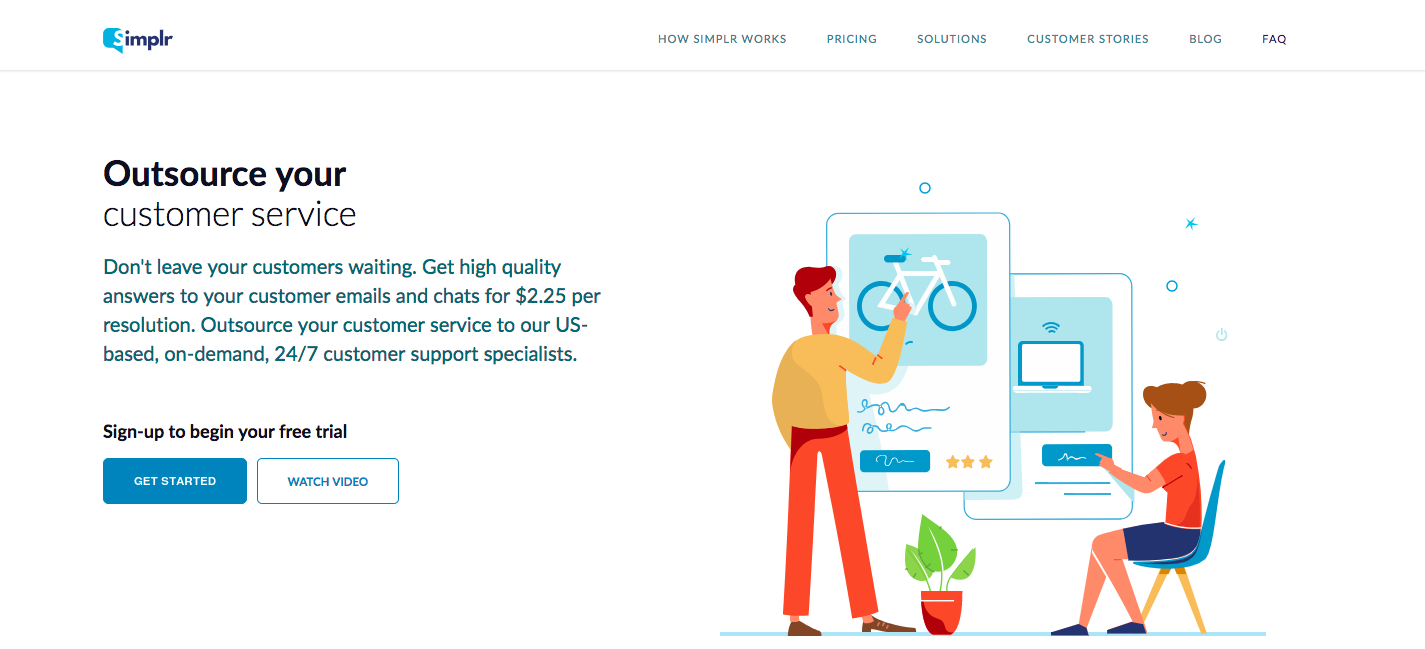
Building trust with online vendors and customers comes down to being authentic and giving your brand an identity that represents who you are, and your company’s values. One of the biggest mistakes that ecommerce stores make is trying to run a faceless business—a business has to have a personality in order to build trust. A lot of founders are scared to put their name and face on their business, but people buy from people—not companies. If your company isn’t being represented by a person with a cause, purpose and personality, it’s hard to draw in new customers online.
It’s also important for an owner or founder to be the face of their customer service while they’re still small and growing. Don’t be afraid to jump in on responding to inquiries as a founder. If you’re worried about time management, much of that response can be automated through tools like Shopify’s Kit app that allows store owners to send an automatic email after an order is made. The email could say something like “Hi Customer, I saw you placed an order and as a small business entrepreneur, I just want to say how much I appreciate your business,” then go into more about your vision and journey as an entrepreneur, and where your business fits into the bigger story. Giving your brand an identity is crucial to building success.
To that point, be yourself. Business owners shouldn’t feel like they have to be overly formal and polished – it wipes their personality out of the relationship with their customers. Customers like knowing that they’re interacting with real people, with real stories, instead of a marketing voice.
A Marketplace Force Majeure Policy as a Source of Trust
The approach that an eCommerce multi vendor marketplace takes when a user is in serious trouble, which was caused by a multi vendor platform usage, is equally crucial for the marketplace sellers’ and customers’ trust.
If an online marketplace center leaves users on their own in case of a serious issue, it will scare off even loyal platform advocates from its future usage.
The story of the Upwork supplier, a victim of a customer’s unwarranted behavior (who was spreading biased negative feedback among the supplier clients, and reported him to the online marketplace website team with no objective reason), demonstrates the possible consequences of a Force Majeure situation handled unqualifiedly.
The online marketplace platform team didn’t consider the issue properly at the beginning, and later, it caused not only losing a powerful supplier but serious reputational damage, since the supplier’s post about the issue went viral.
A quick reaction to a Force Majeure boosts trust
An issue can take place at any online multi seller marketplace, thus the differentiator is the way an eCommerce multi vendor marketplace reacts to a Force Majeure case.
When the Airbnb host’s apartment was seriously damaged, the ecommerce marketplace reacted quickly. They not only offered help to the supplier to recover financially but also established a current host protection policy to cover all the platform hosts and enable trust.

True Experience #4

Tony Capetola, Marketing Manager, Sales & Orders
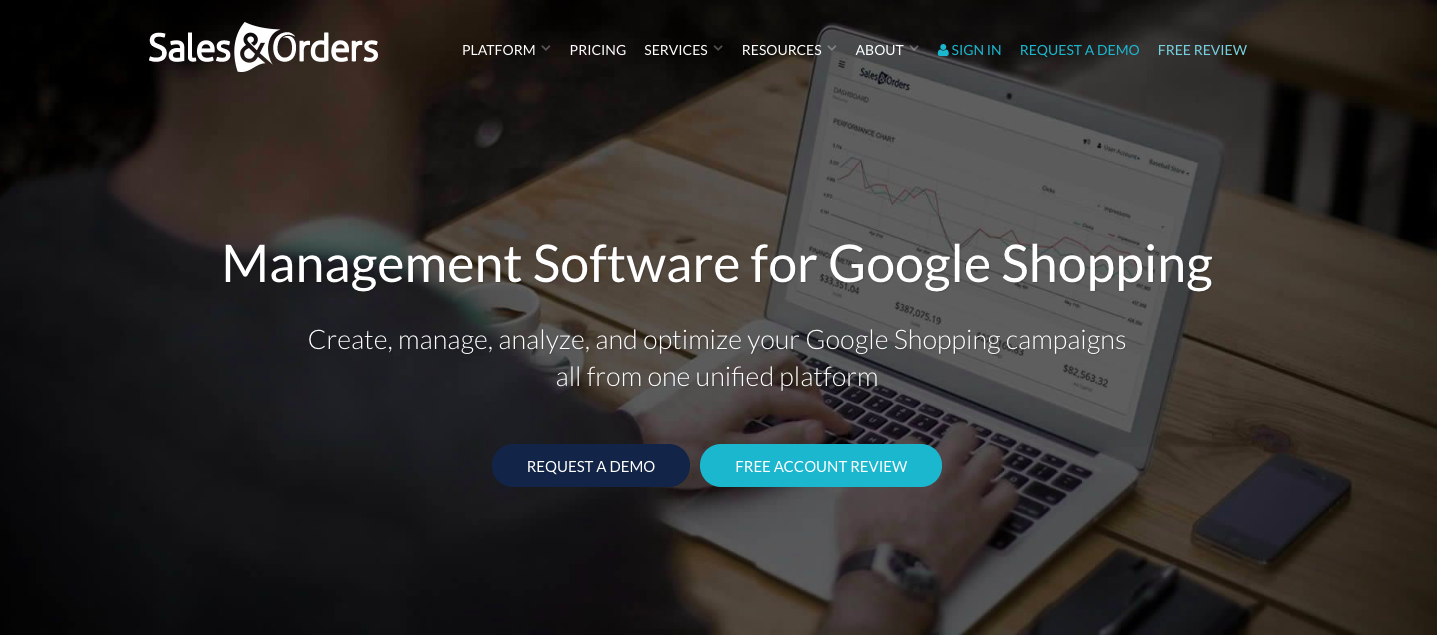
One thing that can be done to build trust in your eCommerce marketplace is to make use of user reviews, testimonials, and a reputation system. This allows you to let other people do the talking for you which is so effective because:
- Reviews from your customers aren’t biased towards your brand which is why 88% of consumers trust online reviews as much as they would from friends and family.
- It makes use of social proof. When a user is looking to make a purchase from a new site, it can cause some feelings of uncertainty and anxiety as to whether the site is actually reputable, especially considering how often you hear about online sites being hacked and credit cards being stolen. By seeing other people leaving reviews (even negative ones), it shows new prospects that your marketplace is legitimate and that they’re peers are using it to make purchases.
A few ways that a business can get reviews and establish a reputation system:
- Send an email and make sure to personalize it with the customer’s name as well as the product they purchased along with a link to where they can leave a review. The beauty of using email is it allows you to have a one-on-one conversation at scale.
- Use social media. Most businesses have a FB page, so they can activate the ‘Review’ tab and allow people to write reviews there. If people leave negative reviews, make sure to respond without blaming or attacking the customer. Here’s a good post that discusses several strategies to use.
Build a Long-Term Trust Using a Unified Strategy That Fits Your Online Marketplace
BlaBlaCar is using a trust-building strategy that contains the elements considered above in a way that fits the online multi seller platform particular concept and clients’ fears the most.
It is based on a D.R.E.A.M.S framework, a trust growing foundation of six blocks:
Declared—data provided by a client to the rest of the online multi seller marketplace community, an important step from anonymity to online trust.
Rated—users rate each other after a transaction, to create interpersonal trust in a community.
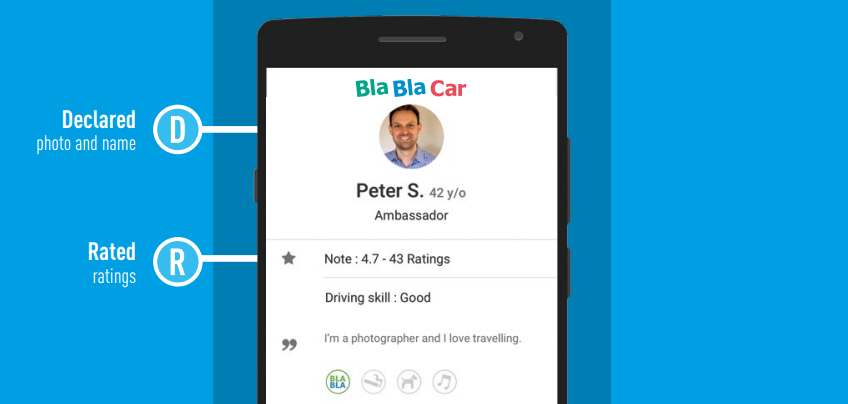
Engaged—to ensure that the transaction parties are fully engaged, and respect each other’s commitment—a pre-payment service, creating trust through engagement.
Active—information about the level of a user’s activity within an online marketplace platform.
Moderated—all users’ content verified by a online multi seller platform.
Social—connecting a marketplace profile with other social networks allows the user to leverage their existing online presence and create trust.
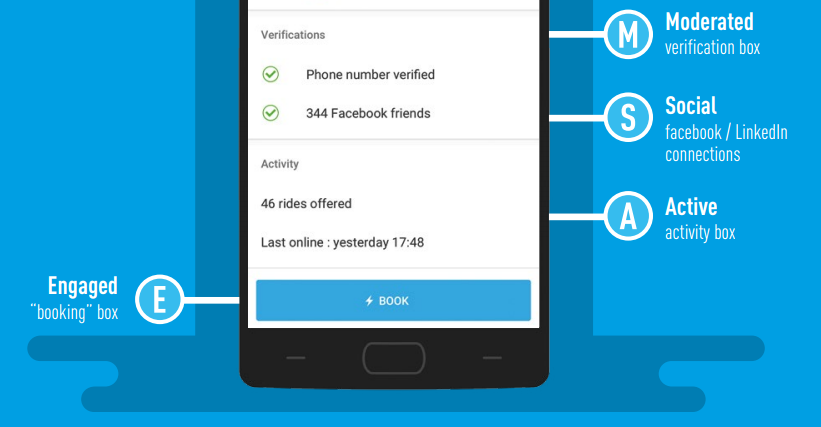
Using this strategy, the ecommerce marketplace has built an impressive level of trust – riders trust each other (in case if a user’s profile is filled out properly) almost as much as friends.
Percentage of the online marketplace users who ranked 4 or 5 out of 5 their level of trust in:
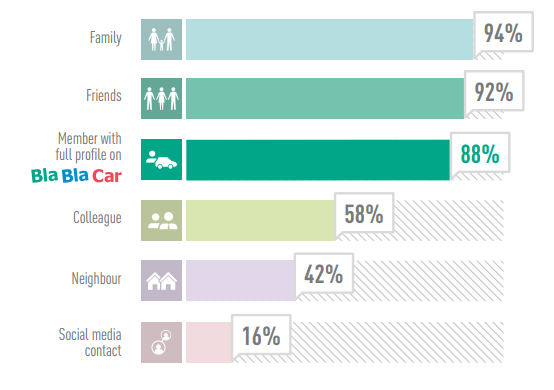

True Experience #5

Robert Lomax, Director of RSL Educational, a publishing company in the UK

The best way to build trust is by establishing expertise related to the products you sell. I write the blog for RSL Educational, which contains a relatively small amount of extremely high quality content. Every article we publish on the blog is the most thorough discussion of that topic on the internet: for example, we provide guides forschool entrance examswhich tell parents absolutely everything they need to know, and extensiveresource lists. Most of our customers arrive organically via the blog. By the time they visit our eCommerce store, they already know that we are experts in children’s education, and they want to buy our books because they trust us to teach the correct skills in the right way.
For people who would like to try a similar content marketing approach, the most important thing is to make sure that your articles provide real value, and also that they align extremely closely with the products you sell. If we wrote an article about travelling to Japan and it received 8000 organic visitors, it’s likely that none of these would turn into educational book sales!
Thus, trust on an online multi seller marketplace can be built effectively not only by using a single all-purpose approach, but by having all the trust tools considered above turned into a unified strategy, that will suit your unique online marketplace platform level of trust importance, and your users’ concerns.

Yan Anderson is the Head of Content Marketing at CS-Cart with over 10 years of experience in the eCommerce industry. He's passionate about explaining complicated things in simple terms. Yan has expertise in building, running and growing eCommerce marketplaces. He loves to educate people about best practices, new technologies, and trends in the global eCommerce industry.
